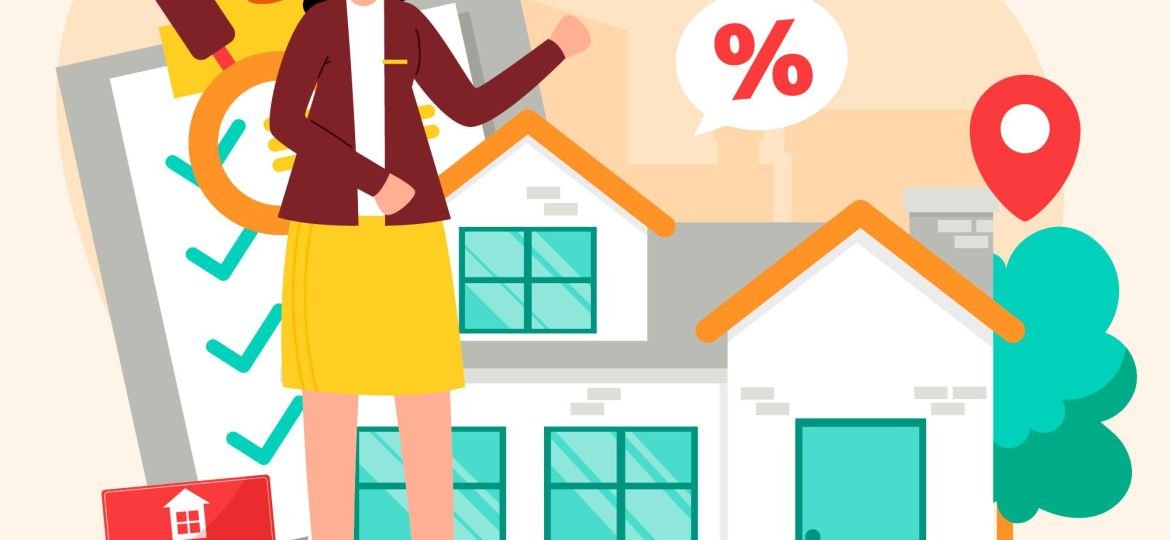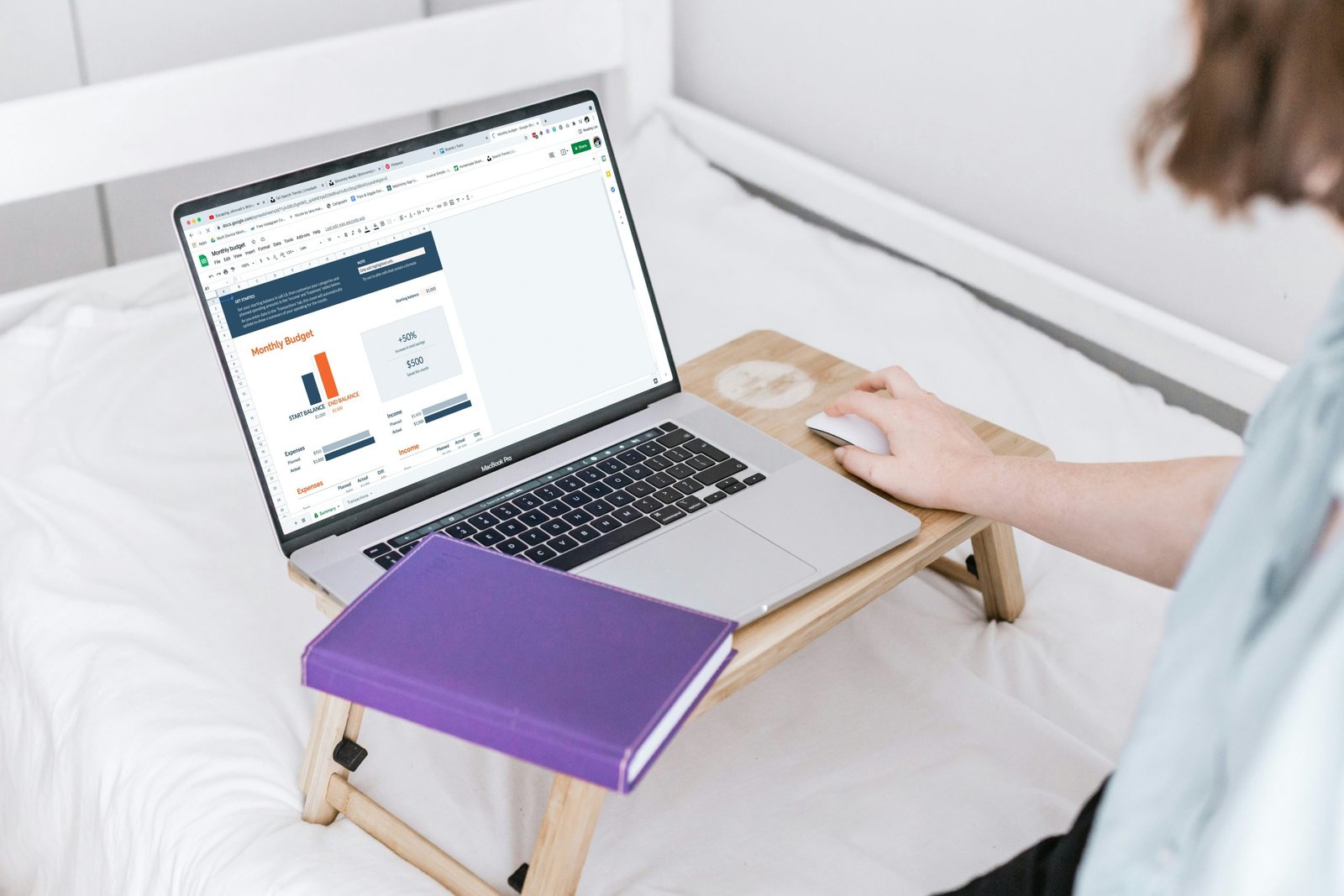
Exploring the Pros and Cons of Homeownership vs. Renting
As a young professional fresh out of college, I remember the dilemma I faced when it came to deciding whether to rent an apartment or take the plunge and buy a home. On one hand, renting offered the flexibility to move around and not be tied down to a single location. But the idea of building equity and having a place to call my own was also incredibly appealing. It was a tough choice, and one that I’m sure many people grapple with at some point in their lives.
The debate over whether buying a home or renting is the better financial move is one that has been raging for decades. There are compelling arguments on both sides, and the “right” answer can vary widely depending on an individual’s circumstances, goals, and preferences. In this post, I’ll take an in-depth look at the key factors to consider when deciding between homeownership and renting. By the end, you should have a clearer idea of which option might be the better fit for your unique situation.
The Case for Homeownership
For many people, the dream of owning a home is a key part of the American Dream. There’s something inherently satisfying about having a place that you can truly call your own – where you can paint the walls, remodel the kitchen, and make other changes without having to answer to a landlord. And from a financial perspective, homeownership can offer some significant advantages over renting.
Build Equity Over Time
One of the biggest benefits of buying a home is that you’re essentially investing in an asset that can appreciate in value over time. As you make mortgage payments each month, you’re slowly building up equity in the property. This means that when you eventually sell the home, you’ll be able to recoup a good portion of what you paid for it – and potentially even turn a profit.
In contrast, when you rent, you’re essentially just handing over your money to a landlord each month without any long-term financial benefit. Sure, you have a place to live, but you’re not accumulating any equity or ownership in the property.
Potential for Property Value Appreciation
In addition to building equity through your mortgage payments, homeowners also have the potential to see their property value increase over time. This is particularly true in desirable areas with strong housing demand and limited supply. As the value of your home goes up, so does your overall net worth.
Of course, property values can also decline, as we saw during the housing crisis of the late 2000s. But over the long-term, real estate has generally been a solid investment, with home prices tending to appreciate at a rate that outpaces inflation.
Tax Benefits of Homeownership
Owning a home also comes with some valuable tax benefits that can help offset the costs of homeownership. The most significant of these is the ability to deduct mortgage interest and property taxes on your federal income tax return. This can result in significant savings, especially in the early years of a mortgage when interest payments make up a larger portion of your monthly payment.
Additionally, when you sell your home, you may be able to exclude up to $250,000 ($500,000 for married couples) of the capital gains from your taxable income, as long as you’ve lived in the home for at least two of the last five years.
Stability and Control
For many people, the sense of stability and control that comes with homeownership is also a major draw. When you own a home, you don’t have to worry about a landlord potentially deciding not to renew your lease or raise the rent significantly. You also have the freedom to make changes and renovations to the property as you see fit, without having to get approval from a landlord.
This stability can be especially valuable for families with children, who may appreciate the ability to put down roots in a community and avoid the disruption of frequent moves.
The Case for Renting
While homeownership has its advantages, renting also comes with a number of benefits that make it an attractive option for many people. Here are some of the key reasons why renting might be the better choice:
Flexibility and Mobility
One of the biggest advantages of renting is the flexibility it provides. When you rent, you’re not tied down to a single location or property, which can be especially valuable for those who need or want to move frequently for work, family, or other reasons.
Renting allows you to easily pick up and move to a new city or neighborhood without having to worry about selling a home. This can be a major perk for young professionals, those in the military, or anyone who anticipates needing to relocate in the near future.
Lower Upfront Costs
Buying a home requires a significant upfront investment, including a down payment, closing costs, and other fees. Depending on the location and price of the home, these costs can easily add up to tens of thousands of dollars.
In contrast, the upfront costs of renting are typically much lower. You’ll usually just need to pay a security deposit (often equal to one month’s rent) and the first month’s rent to move in. This can make renting a more accessible and affordable option, especially for those who are just starting out or have limited savings.
Maintenance and Repairs
When you own a home, you’re responsible for all the maintenance and repairs that come with it – from fixing a leaky faucet to replacing the roof. These costs can add up quickly and be a significant financial burden, especially for first-time homeowners who may not be prepared for the ongoing expenses.
As a renter, however, you don’t have to worry about these types of maintenance and repair costs. Your landlord is typically responsible for handling any issues that arise with the property. This can provide greater financial predictability and peace of mind.
Potential for Lower Monthly Costs
In some cases, the monthly cost of renting can actually be lower than the monthly cost of owning a home. This is particularly true in areas with high home prices and property taxes, where the mortgage payments, insurance, and other homeownership expenses can be significantly higher than the rent for a comparable property.
Of course, this isn’t always the case, and the specific monthly costs will depend on a variety of factors. But for some individuals and families, renting may be the more affordable option, especially in the short-term.
Comparing the Costs of Homeownership vs. Renting
To get a better sense of the financial implications of buying a home versus renting, let’s take a look at a few hypothetical scenarios:
Scenario 1: Buying a $300,000 Home
Let’s say you’re considering buying a home that’s priced at $300,000. With a 20% down payment of $60,000, your mortgage would be $240,000. Assuming a 30-year fixed-rate mortgage at 4.5% interest, your monthly mortgage payment would be around $1,215.
In addition to the mortgage payment, you’d also need to factor in other homeownership costs, such as:
- Property taxes: Approximately $300 per month
- Homeowner’s insurance: Approximately $100 per month
- Maintenance and repairs: Estimated at 1% of the home’s value, or $250 per month
So the total monthly cost of owning this $300,000 home would be around $1,865.
Scenario 2: Renting a $1,500 per Month Apartment
Now let’s compare that to renting a similar-sized apartment for $1,500 per month. Assuming you don’t have any additional rental-related costs, your total monthly housing expense would be $1,500.
Comparison Table
| Expense | Homeownership | Renting |
|---|---|---|
| Monthly Mortgage/Rent | $1,215 | $1,500 |
| Property Taxes | $300 | N/A |
| Homeowner’s Insurance | $100 | N/A |
| Maintenance/Repairs | $250 | N/A |
| Total Monthly Cost | $1,865 | $1,500 |
As you can see, the total monthly cost of homeownership in this scenario is about $365 more than renting. However, it’s important to keep in mind that over time, as you pay down your mortgage, a larger portion of your monthly payment will be going towards building equity in the property.
Additionally, the tax benefits of homeownership, such as the ability to deduct mortgage interest and property taxes, can help offset some of the higher monthly costs. But the upfront costs of buying a home, including the down payment and closing costs, are still a significant hurdle for many would-be homeowners.
Ready to take control of your finances? Visit upgrade.com now to explore a range of financial products, including Personal Loans, Auto Refinance Loans, Home Improvement Loans, Personal Credit Lines, and Upgrade Card. Let Upgrade help you achieve your financial goals today!
Weighing the Intangible Factors
Of course, the decision to buy a home or continue renting isn’t just about the numbers. There are also a number of intangible factors to consider, such as your lifestyle preferences, long-term goals, and personal values.
For example, some people may place a high value on the sense of stability and control that comes with homeownership, even if it means higher monthly costs. Others may prioritize the flexibility and freedom of renting, which allows them to more easily adapt to changing circumstances or pursue new opportunities.
Ultimately, there’s no one-size-fits-all answer when it comes to the homeownership vs. renting debate. It’s a highly personal decision that requires carefully weighing the pros and cons of each option based on your unique situation and priorities.
Conclusion: Making the Right Choice for You
So, is buying a home really better than renting? The answer, as with many financial decisions, is: it depends. Both homeownership and renting have their advantages and disadvantages, and the “right” choice will vary from person to person.
If you value stability, control, and the potential for long-term financial gains, then buying a home may be the better option for you. But if you prioritize flexibility, lower upfront costs, and predictable monthly expenses, then renting could be the way to go.
Ultimately, the decision should come down to your individual circumstances, goals, and preferences. Take the time to carefully consider the factors we’ve discussed, crunch the numbers, and listen to your gut. With a clear understanding of the tradeoffs, you’ll be well on your way to making the choice that’s best for you.
Frequently Asked Questions (FAQs)
1. Is it better to rent or buy a home?
Answer: The decision between renting and buying a home depends on various factors such as your financial situation, long-term goals, and personal preferences. Buying a home can offer long-term financial benefits like building equity and potential property value appreciation, while renting provides flexibility and lower upfront costs.
2. How do I know if I’m financially ready to buy a home?
Answer: To determine if you’re financially ready to buy a home, consider factors like your credit score, debt-to-income ratio, savings for a down payment, and ability to cover ongoing homeownership costs. It’s also important to have a stable income and a good understanding of your long-term housing needs.
3. What are the hidden costs of homeownership?
Answer: In addition to the upfront costs like the down payment and closing costs, homeownership comes with ongoing expenses such as property taxes, homeowner’s insurance, maintenance and repairs, utilities, and potentially homeowner association fees. It’s essential to budget for these costs to avoid financial surprises.
4. Are there any tax benefits to owning a home?
Answer: Yes, homeownership offers several tax benefits, including deductions for mortgage interest, property taxes, and in some cases, capital gains when selling the home. These tax breaks can help reduce your overall tax liability and make owning a home more financially advantageous.
5. How does renting compare to buying in terms of long-term financial impact?
Answer: While renting may offer lower monthly costs in the short term, buying a home can provide long-term financial benefits through equity building and potential property appreciation. Over time, homeownership can be a valuable investment that contributes to your overall net worth. It’s essential to weigh the long-term financial implications of each option based on your specific circumstances.
Share Your Expertise, Build Your Business. Tired of limitations?
Create & sell online courses with Teachable. Keep 100% control. Start your free!


















